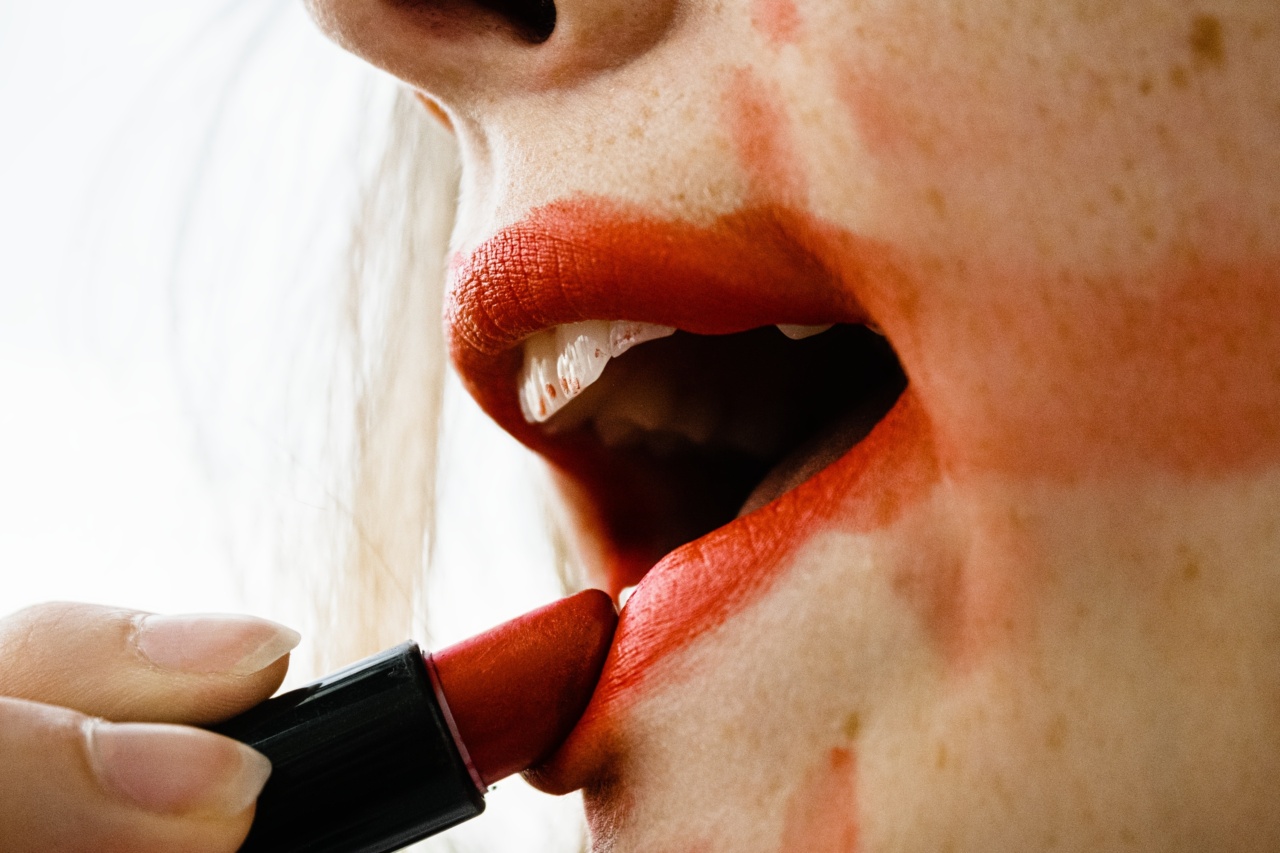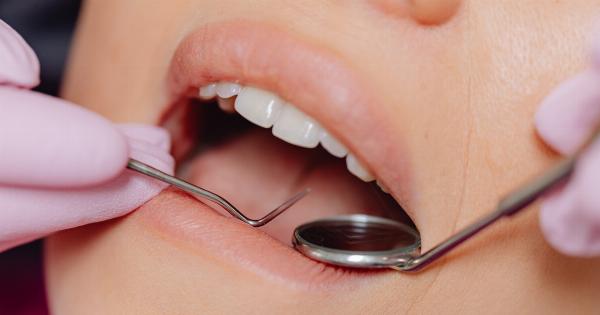Having stained teeth can be a cause of embarrassment, and it can affect your self-esteem. While some stains are permanent, others can be removed through proper dental hygiene or professional treatment.
Here are ten reasons why your teeth might be stained:.
1. Poor Oral Hygiene
If you don’t brush and floss regularly, plaque and tartar buildup on your teeth can cause stains. Plaque and tartar include various substances like bacteria, food particles, and dead skin cells, all of which contribute to discolored teeth.
2. Aging
As we age, the enamel on our teeth naturally wears away, making our teeth look dull or yellow. This is because the dentin, the tooth’s naturally yellow color, gets exposed as the enamel wears away.
3. Dark-Colored Foods and Drinks
Some foods and drinks are more likely to cause staining than others.
Dark-colored beverages like coffee, tea, red wine, and soda contain chromogens, which are pigmented molecules that can attach to the teeth’s surface and cause discoloration over time.
4. Tobacco Use
Smoking or using other tobacco products like chewing tobacco can cause discoloration on teeth. The nicotine and tar in tobacco can stain the teeth, and over time, the stains can become more difficult to remove.
5. Medications
Antibiotics like tetracycline and doxycycline can cause intrinsic stains on your teeth that develop from the inside out. Certain antihistamines, antipsychotics, and high blood pressure medications can also contribute to tooth discoloration.
6. Genetics
Just like hair and eye color, certain individuals are more susceptible to having stained teeth due to genetics. Some people inherit thinner enamel or naturally softer teeth that make them more prone to discoloration.
7. Trauma
If you experience trauma to a tooth, the tooth may produce more dentin, which can make the tooth appear darker or yellow. Trauma can result from a fall, injury, or accident.
8. Fluorosis
Fluorosis is caused by too much fluoride consumption during tooth development. This condition affects teeth when they are forming and can result in white or brown spots on the teeth.
9. Grinding Teeth
Grinding your teeth, or bruxism, can wear down your enamel faster than normal, leading to more stained teeth and sensitivity.
10. Dental Restorations
Fillings, crowns, and other dental restorations can become discolored over time. Additionally, the adhesive used in some dental procedures can cause staining.



























